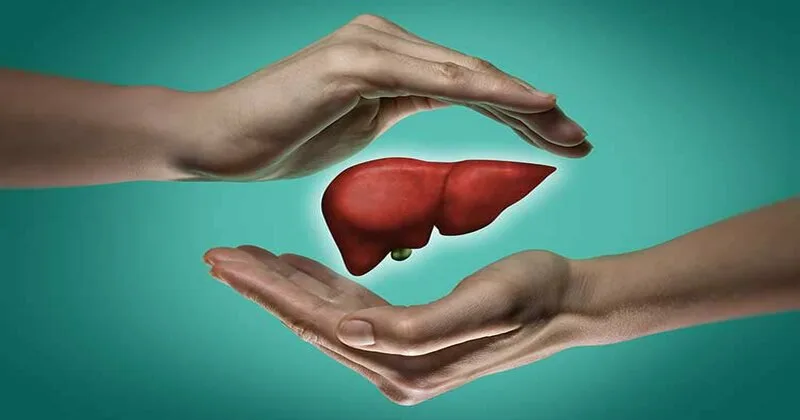
The liver, essential for detoxification, digestion, and nutrient processing, plays a key role in overall health, making its care a top priority. Dr. Akshay Masur, Gastro Physician at Vasavi Hospitals, emphasizes that diet is fundamental to liver well-being. A balanced, nutrient-rich diet can help prevent liver issues like fatty liver disease, while poor dietary habits risk causing significant harm. Dr. Masur recommends a variety of fruits, vegetables, whole grains, lean proteins, and healthy fats, as these provide the nutrients necessary for optimal liver function and protection. Proper hydration also supports liver health by aiding digestion and toxin elimination.
Dr. Masur advises reducing alcohol intake as a vital measure for liver protection, as excessive alcohol is a major contributor to liver damage. He points out that maintaining a healthy weight is equally important, as obesity is closely linked to non-alcoholic fatty liver disease (NAFLD). By engaging in regular physical activity and adhering to a balanced diet, individuals can control weight and support liver health. Reducing exposure to harmful environmental factors, such as toxins, tobacco, and certain medications, can further prevent liver strain and foster long-term liver wellness.
Additionally, Dr. Masur highlights that poor dietary choices, especially high consumption of sugary and fatty foods, can increase fat in the liver and elevate the risk of NAFLD, a condition that’s rising globally alongside obesity. He recommends adopting a low-fat diet by limiting saturated fats found in processed foods and fatty meats. Foods like garlic, leafy greens, and turmeric are particularly beneficial for liver detoxification and function. Keeping blood sugar levels in check, limiting added sugars, and prioritizing whole grains can also reduce liver fat. Finally, regular health checkups are crucial for early detection and management of liver issues, helping to avert serious complications.

Post Your Comments